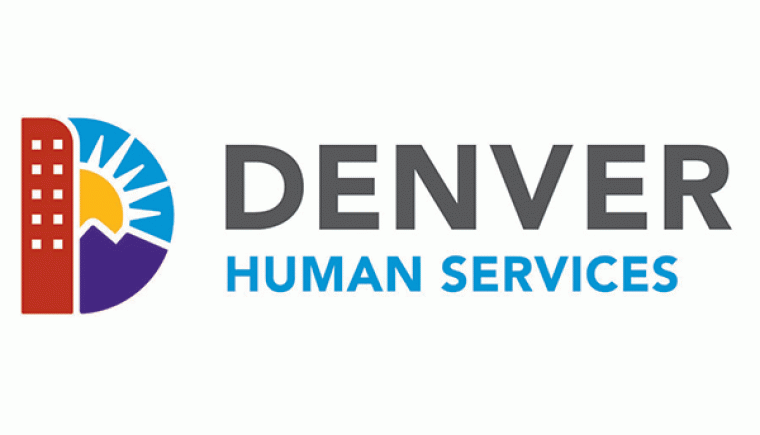Denver Human Services Releases Intellectual and Development Disabilities Needs Assessment Report
Report Summarizes Current Use of Mill Levy Funding for Denver Residents with I/DD and Makes Recommendations for Future

Denver Human Services (DHS) recently released its findings following a months-long needs assessment regarding the services available to Denver residents with intellectual and developmental disabilities (I/DD). The assessment found overall support for the current use of property tax dollars for individuals with I/DD and made recommendations about key needs that are still inadequate, including housing, employment and mental health.
Rocky Mountain Human Services (RMHS) receives funding collected through a Denver property tax, or mill levy, that is dedicated to Denver residents with I/DD. The funding that RMHS is receiving in 2018, a total of $16 million, supports three main areas.
To fulfill individual requests for needs including respite, home modifications, medical equipment, food, clothing and recreation activities.
To support community agencies that provide innovative services for people with I/DD and their families, including job training, community activities and support groups.
To enhance services that RMHS provides, including case management, waitlist coordination and clinical programs.
“This needs assessment is a tremendous opportunity for us to examine how well RMHS and other community agencies are serving individuals with I/DD and their families, as well as understand where we still have some work to do,” said Shari Repinski, RMHS executive director. “We appreciate this feedback and look forward to working with DHS and the community to strengthen our supports and continue our work to make Denver an inclusive community.”
Sixty-six percent of respondents said they had positive experiences with RMHS when accessing mill levy services, 17 percent said they had negative experiences, and 18 percent were neutral or marked that the question was not applicable. Respondents also rated these services between 7.2 and 7.9 on a scale from one to 10, with 10 being extremely satisfied. Seventy-one percent rated their experience applying for mill levy funds through RMHS as positive.
In the first half of 2018, RMHS fulfilled mill levy funding requests from nearly 1,200 people; helped 72 community agencies provide services to 2,200 people; and provided enhanced services, such as case management, to nearly 3,800 people. Some individuals may have received more than one of these services.
The report highlights several areas where services and supports are lacking, including affordable housing, mental health and employment. It also addresses a lack of understanding of what mill levy funding can provide. Over the coming months, a DHS advisory council will work with RMHS and other community members to better understand the needs and offer solutions.
The assessment, which was conducted from March to August, involved a web-based survey, focus groups, interviews and public meetings. DHS will present the needs to the Denver City Council Safety, Housing, Education, and Homelessness Committee on Wednesday at 10:30 a.m. at the City and County Building.
Read the Needs Assessment Final Report and Summary on the DHS website.











